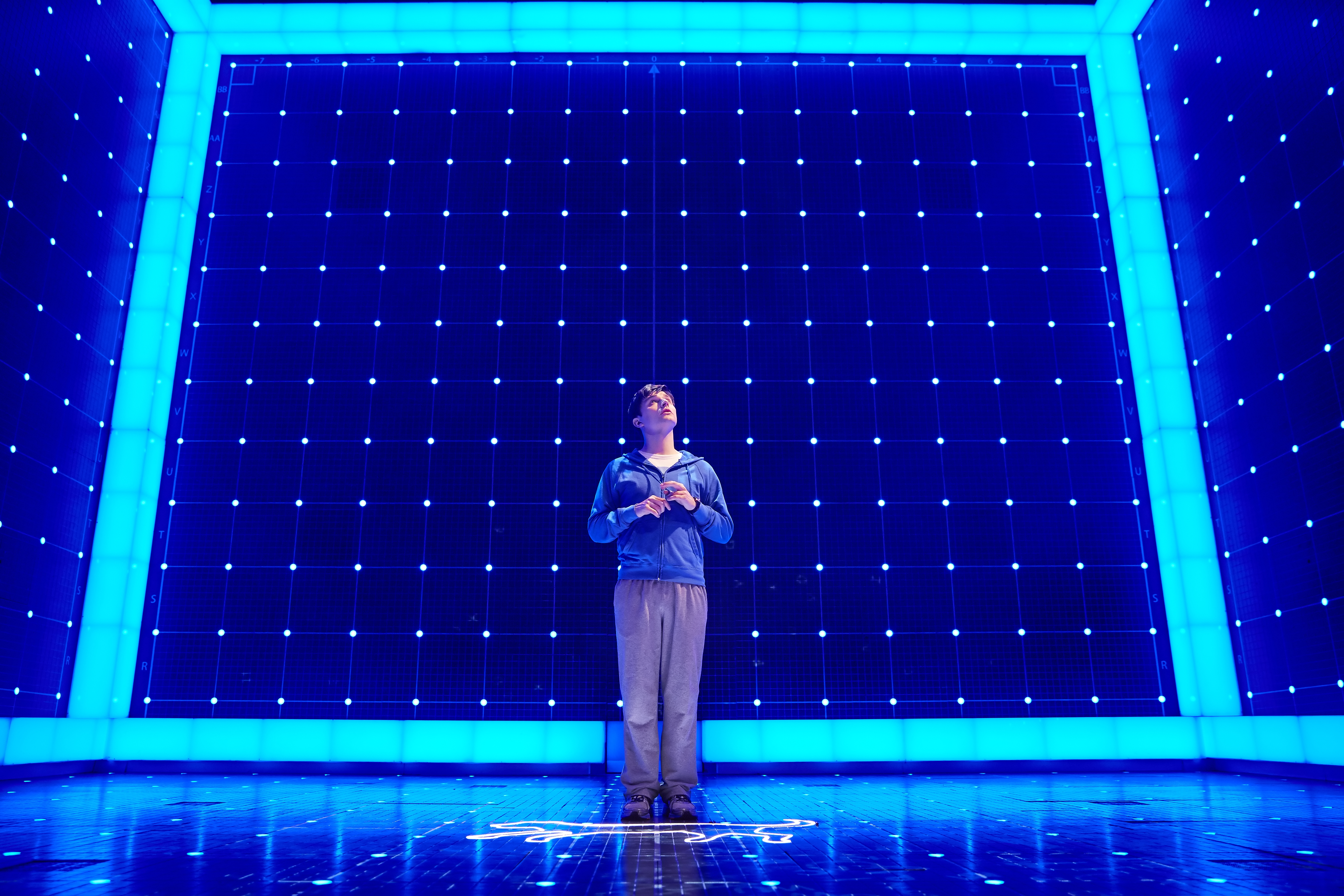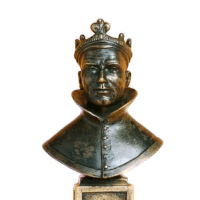
Some projects are an utter joy to work on. Curious Incident was one of them - primarily because its vision was so crystal-clear.
Every member of the creative team understood what we were collectively trying to make, and I think it shows.
Simon Stephens, the playwright adapter of Mark Haddon's widely-read book, and director Marianne Elliot, realised from the start that this is a story that needs to be told by Christopher (the central character) himself, in his own way. So the natural progression of that idea was: how would Christopher himself make the show? Every creative department held this question in mind. And so with the music: how would Christopher have written the score?

Mark Haddon's Christopher is a character who's on the spectrum, and a feature of his persona is that he doesn't deal well with human interaction. Body language, metaphor and other traits of human social intercourse are confusing to him; he much prefers the solace of logical, inanimate things that he can understand and control. Hence his love of machines, maths, computer games and outer space.
That's the perfect foundation for a musical score. It was dead obvious: my focus needed to be developing sounds and musical materials that were rooted in those things.
One of Christopher's obsessions is with prime numbers. So a first step in generating material to work with was to take the first few prime numbers (2,3,5,7,11..) and play around with applying them to musical parameters. Even simply treating them as ladder steps on a musical scale and using only those notes created something useful. Or I would treat the numbers as intervals (the size of the gaps between notes on the scale).. a 2nd, a 3rd etc. The Maths Appendix tune is based mostly on this approach.
Later, for the second run of the show in 2012, I decided to get even more obsessive. One of my go-to sound design and musical pattern tools is Supercollider, a powerful audio programming language. Using this for additive synthesis, I created some new sounds for the score whose sine wave partials are exclusively frequencies that are prime numbers. Not that the human ear would be able to detect that - but the point is, Christopher would have approved.
Curious Incident's score is me in 'studio animal' mode. Everything about it is technologically-driven. And one of the things that made it so exhilarating to work on was collaborating with the other creative departments, all of whom were having their own fun with the same idea. I remember the tech for the Maths Appendix in particular (at the end of the show) was a tour de force of sound-, light- and video wizardry, with MIDI messages flying around with sub-second accuracy to coordinate the razor-sharp precision of all the elements.. in the way that only Christopher would have demanded.
Here's a music video I made of Polperro Beach in 2020:

